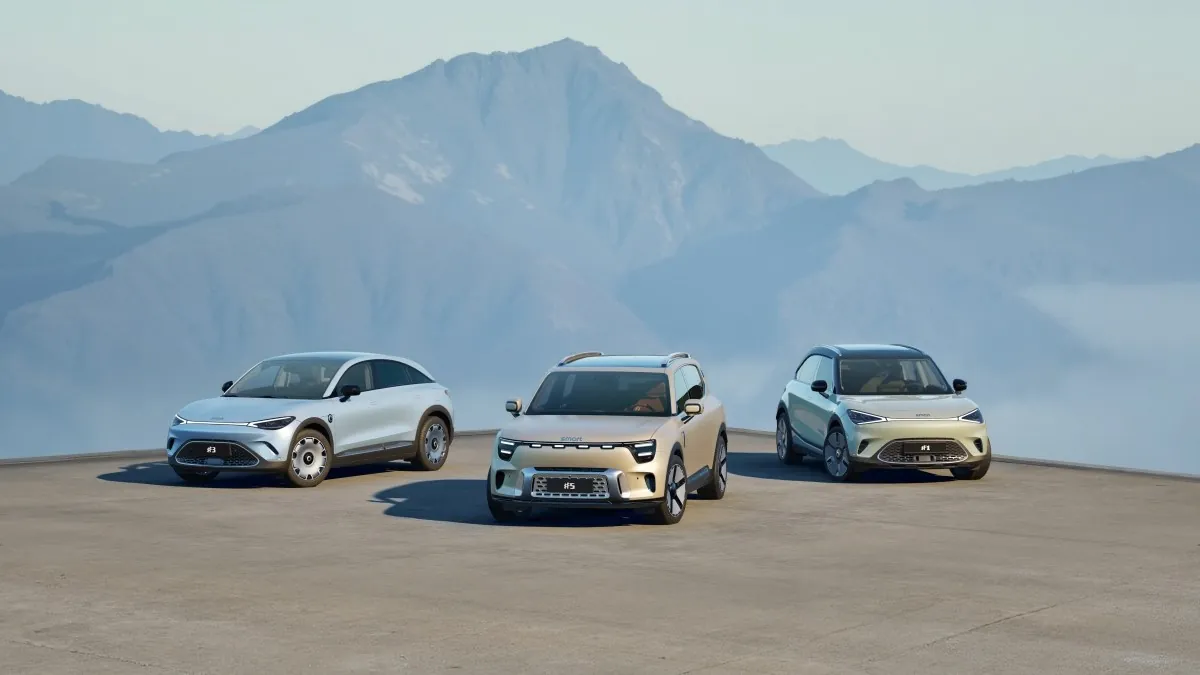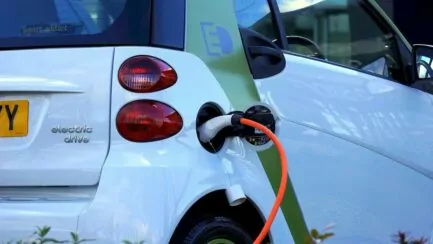Are you thinking about buying an electric car? If so, there are a few things you might want to know before you decide. We have summarised a few points and answered 10 questions you might have.
Table of contents
Buying and driving an electric car
Today, it is popular to choose an electric car, partly because it is a better environmental choice but also, for example, because electric cars can be quiet and pleasant to drive. We currently have only one car, and that is a motorhome. Unfortunately, motorhomes do not yet run on electricity - not because they cannot be developed, but because they would be too heavy for today's weight requirements. In the future, however, we will certainly also see motorhomes that run on electricity!
When we're not driving a motorhome, we use electric bikes and scooters. If we were to have a regular car, it would be a car that runs on electricity. Today we share tips on buying and driving an electric car. You can read even more about driving an electric car at Smart. On their site you can also read more about delicious electric Smart #5.
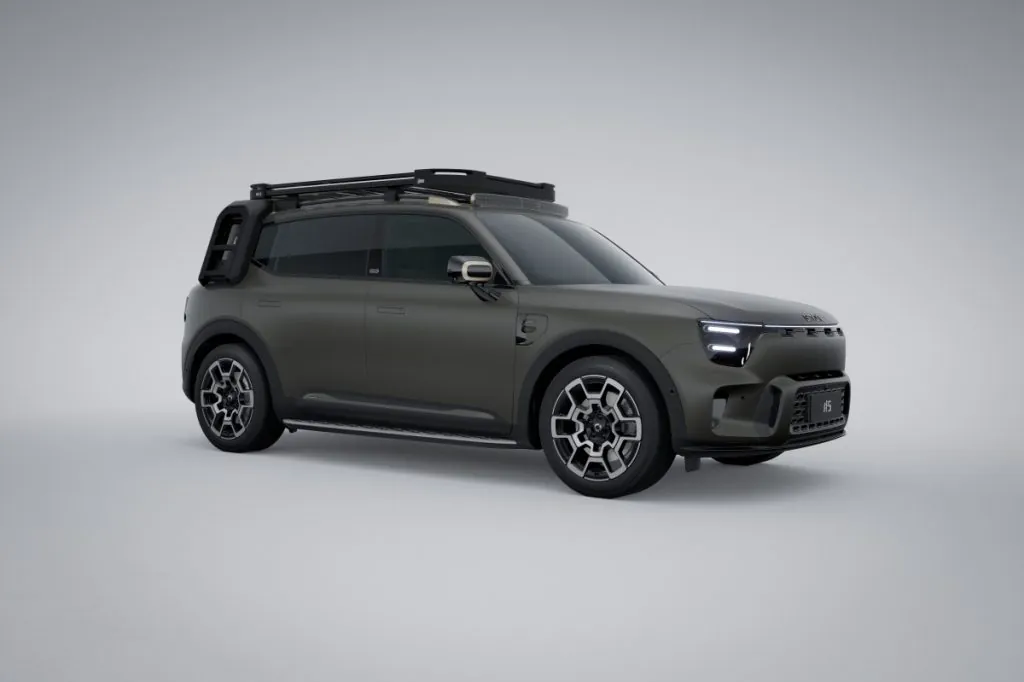
1. Why should you choose an electric car?
An electric car is a better environmental choice than a traditional petrol or diesel car, as the vehicle's life cycle has less impact on the climate. In addition, charging with renewable energy can minimise CO2 emissions. An electric car can also be quiet and pleasant to drive!
2. Is it more expensive to drive an electric car than a petrol car?
The initial cost of an electric car may be higher than a traditional petrol or diesel car, but the purchase can instead generate long-term savings. The cost of driving an electric car can be much lower per kilometre compared to petrol-powered vehicles.

3. Which is better - electric car or hybrid car?
Which is best to choose, electric car or hybrid car, depends on a variety of factors such as what you like and availability of charging stations. The advantages of electric cars are that they produce zero exhaust emissions, have lower running costs, are quieter and require less maintenance. The advantages of hybrid cars are that they combine a combustion engine and an electric motor.
4. How do you charge an electric car?
The most convenient and affordable way to charge a battery-powered car is to charge it at home. You can also charge your electric car at various public charging points and charging points at various companies, hotels, etc.
5. How to charge an electric car at home?
It is possible to charge an electric car in a standard socket, but this is not the most optimal solution as it takes a long time to fully charge the car in this way. The load on the home's electrical wiring can also be high. Therefore, it is much better to install a charging station at home.
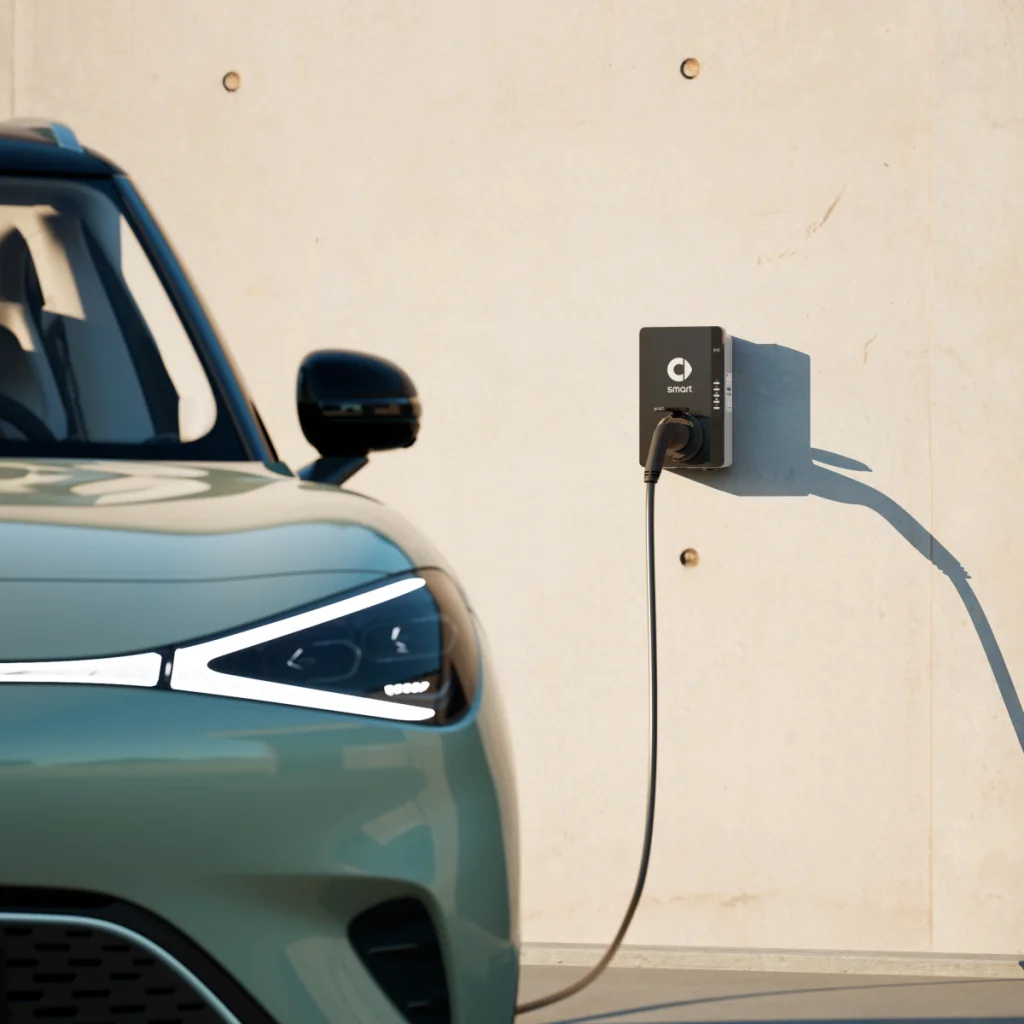
6. Can you install the home charger yourself?
You don't normally need a licence to install a home charger, but all electrical work at home must be carried out by a qualified electrician. This also applies to the installation of the EV charger, as it is connected to the home's electrical system.
7. Can you use solar cells to charge your electric car?
Yes, solar energy can be used to charge an electric car. You simply install solar cells on your house, which convert sunlight into electricity, which can be used to charge the electric car's battery.
8. How long does it take to charge an electric car?
The time it takes to charge an electric car depends on a number of factors, such as the charging method and the battery capacity of the vehicle. Level 1 charging (the EV is plugged into a power socket) takes around 8-20 hours for a full charge. Level 2 charging (the EV is plugged into a charging station) takes around 4-10 hours for a full charge. DC fast charging (the fastest charging method in public places) can charge the EV to 80 per cent in 30 minutes.
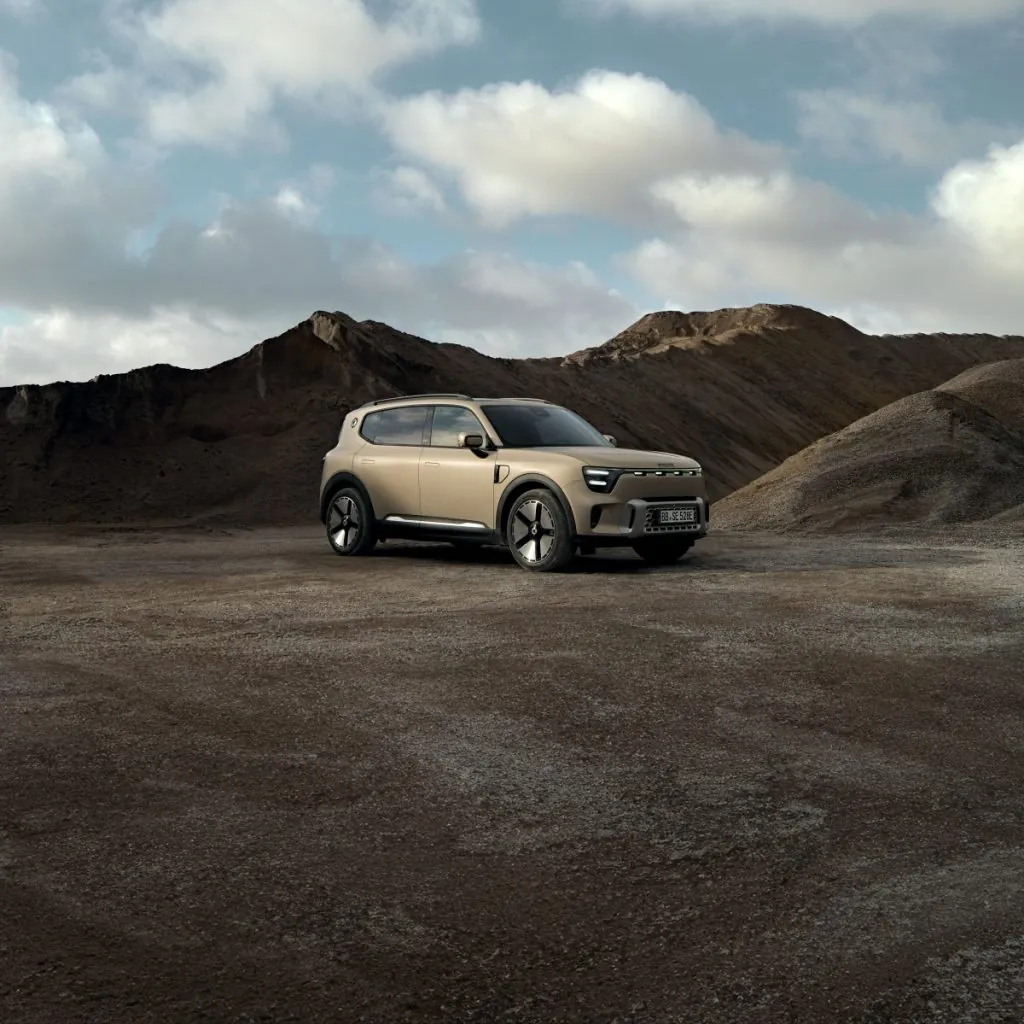
9. How far does an electric car travel on one charge?
Today's electric cars have a range of between about 150 kilometres and 640 kilometres. On average, most electric cars have a range of around 320 to 480 kilometres. This is the distance an electric car can travel per charge, from starting with a fully charged battery until it is empty.
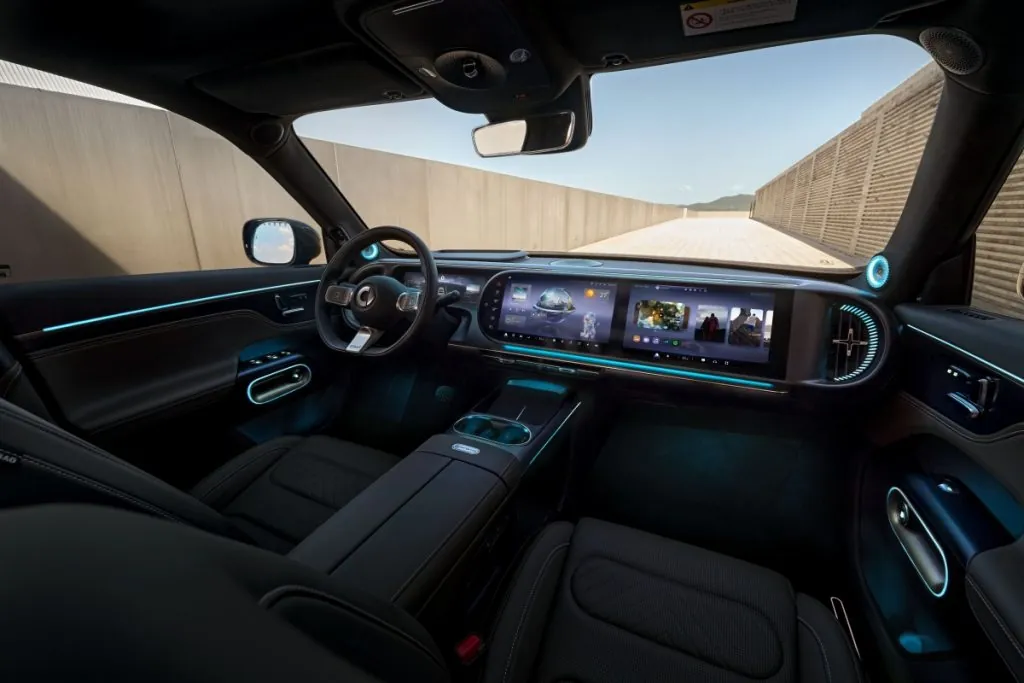
10. Which electric car to choose?
Which electric car to choose depends of course on personal preferences and needs. Here are some things to consider when choosing an electric car:
- What is your budget? That is, how much can the vehicle cost? Don't forget to consider the costs of operation and maintenance.
- What scope do you need? Do you need to be able to drive long distances, or do you usually drive short distances and are close to charging stations?
- How and where can you recharge? Find out what charging stations are available where you live and travel. Are you able to install a home charger?
- Which features are important to you? For example, do you need four-wheel drive, a larger car that can accommodate a family or the ability to tow a trailer?
- How fast a delivery time do you want? Electric cars have become popular and delivery times can vary. Check out what's available!
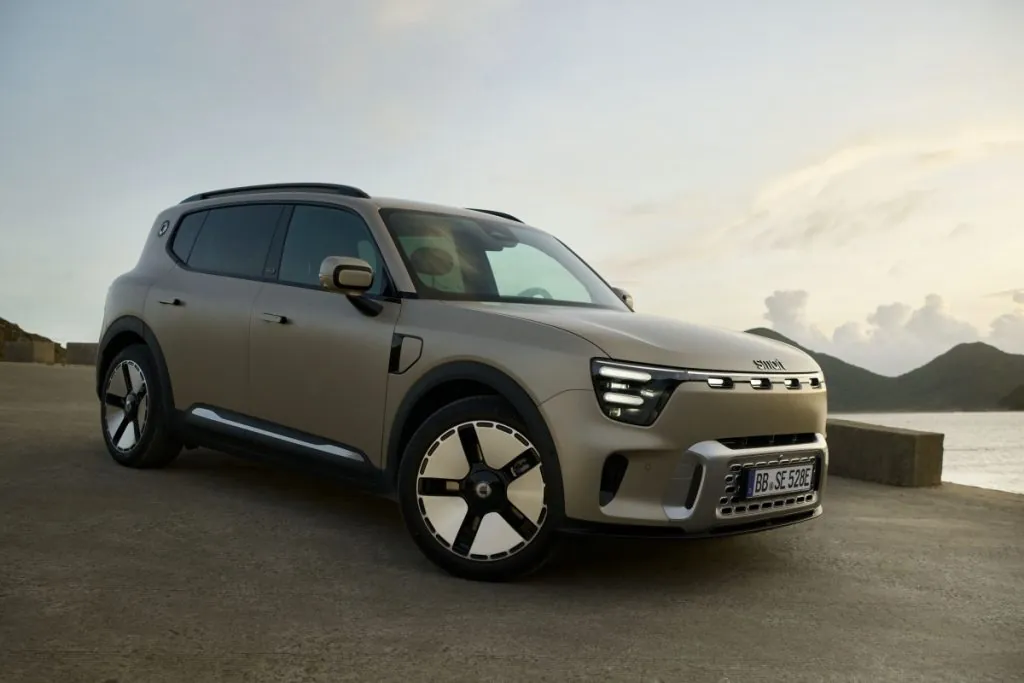
Thinking about buying an electric car?
Thinking about buying an electric car? Or maybe you already have one? Tell us about your experiences!


